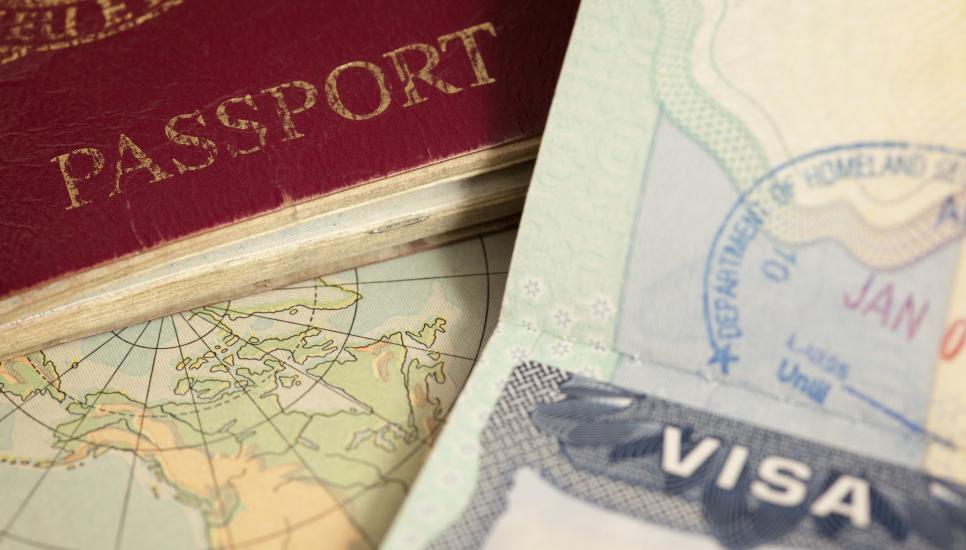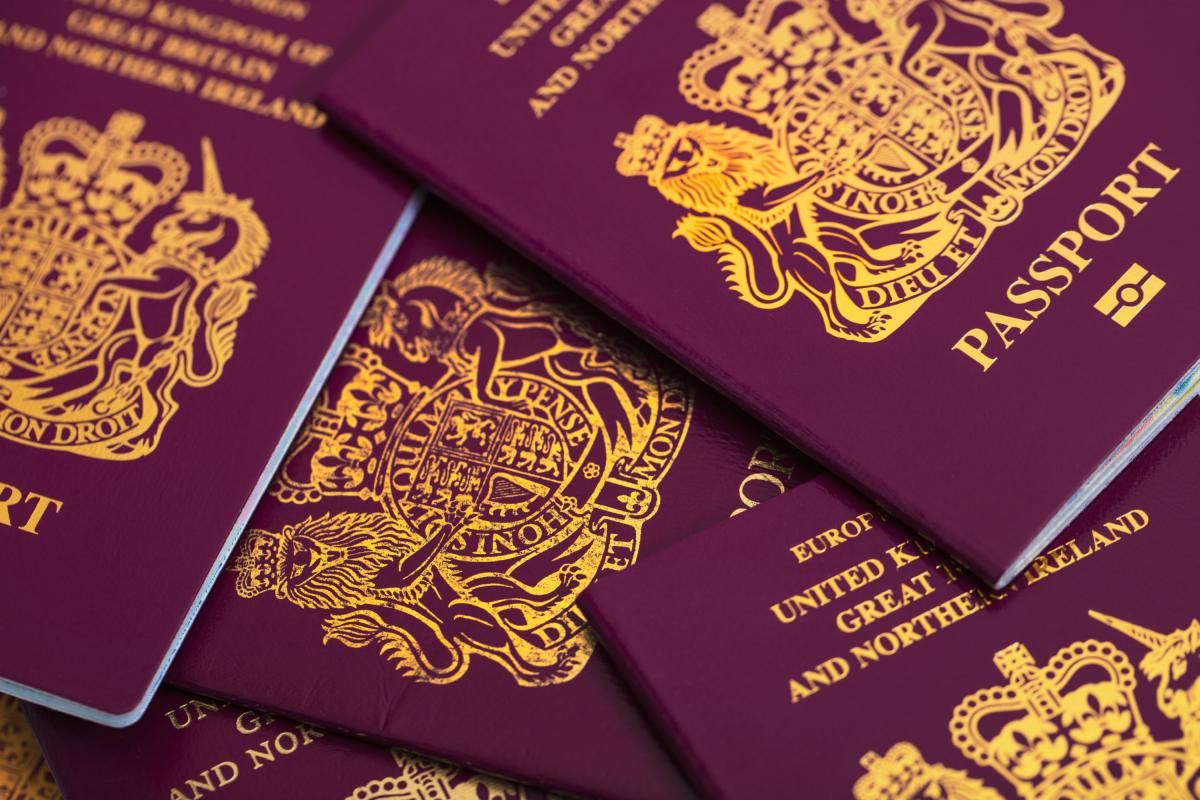'Bidding war' erupts over passport demands

Global wealth-holders increasingly want secondary passports and residencies, but a new report is warning of the risks to reputations from citizenships on sale.
Just over one-third (34%) of ultra-high net worth individuals already possess a second passport and more than a quarter (29%) were planning to buy one, while one-fifth (21%) are considering emigrating permanently, according to Knight Frank’s annual Attitudes Survey, produced for The Wealth Report.
Consequently, a “bidding war” has broken out as more countries seeking new sources of revenue try to encourage foreign direct investment in return for citizenship, the report said.
"Some, including the UK, require a significant level of long-term financial commitment; but there are others with less onerous programmes or which are relaxing their requirements,” the report continued.
“In the Caribbean, for example, several islands have recently slashed the level of investment required by as much as 50%, or linked citizenship to one-off contributions to hurricane relief or economic development funds.”

The report said such transactions will provide a major source of future revenue for countries that lack alternative exports but reputational risks are rising too.
“Less drastic than a change of residence but perhaps similarly effective, at least for now, is to place money in a country outside the (Common Reporting Standards) net. Switzerland, for example, has delayed the exchange of information with Middle East countries. BIS (Bank for International Settlements) data confirms that financial non-bank deposits from Saudi Arabia and the United Arab Emirates into Switzerland rose by 44% and 53% respectively over the past three years, running counter to the trend of an overall fall in global deposits held there.”
The report said this urge for privacy was also steering flows within the CRS countries, with those offering high standards of data security emerging as favoured investment hubs.
“It is one thing for data to be disclosed to your home government; it is quite another for it to be sold on to third parties with questionable motives,” the report noted.

“In its current guise, the CRS may encourage investment into property, at least in the short term. Under the existing rules, there is no requirement to report on property assets unless they are mortgaged. Some commentators have linked the growth in price and demand for Hong Kong property in the months leading up to September 2017 to a rush by mainland investors to prepare themselves ahead of CRS reporting. An increase in exposure to the US may be another consequence.”
The report said that as money became more mobile and scrutiny of offshore wealth increased, governments were trying to encourage money back onshore.
“Tax amnesties have raised tens of billions of dollars for governments across the world. From Indonesia to Italy, France and Fiji, at least $66 billion has been clawed back.
“The tension between the growing globalisation of wealth and the desire for governments to provide controls will not easily be resolved, in large part because governments are conflicted in their desire to protect existing tax revenues at the same time as attracting new sources of wealth.”
Campden Research is coincidentally studying the factors which family office principles consider important when setting up their family office in Asia or Europe. This involves access to investment deals, geographic benefits, tax incentives, and political and economic stability to name a few.
The quick, confidential and anonymous survey can be found here.






